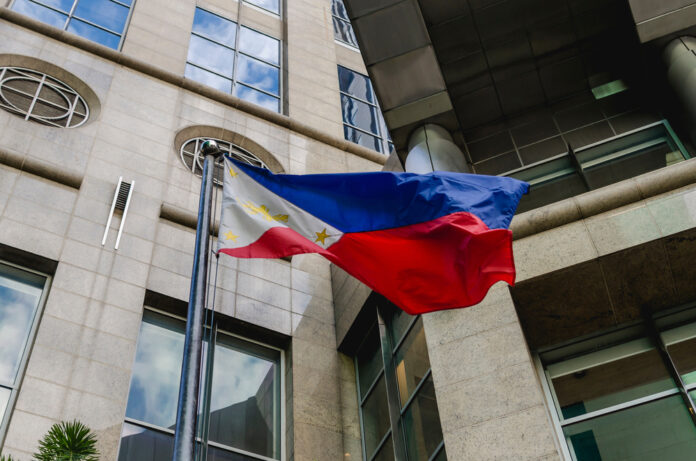The Philippines is emerging as a global outperformer, buoyed by strong domestic consumption and a youthful population, positioning the country for sustained growth despite global uncertainties, according to Dante Tinga Jr., senior vice president at BDO Unibank’s Investor Relations Group.
During an exclusive briefing for BDO’s Japanese clients, Tinga shared an optimistic outlook, emphasizing the critical role of the country’s demographic profile and vibrant consumer spending in driving economic resilience. Addressing over 80 executives from prominent Japanese companies, he explained that the country’s young population, with half of its citizens aged 25 or younger, continues to propel robust consumption, bolstering the nation’s growth trajectory.
A key pillar of the country’s economic strength is its domestic consumption, which has surpassed pre-pandemic levels. Strong household spending is being fueled by a surge in overseas employment and a steady flow of remittances, both of which continue to enhance the purchasing power of Filipino families. This robust demand is supporting a consumption-driven recovery, even as global headwinds persist.
Inflation has returned to the target range set by the Bangko Sentral ng Pilipinas (BSP), creating room for potential monetary easing. Government efforts, such as reducing rice import tariffs, have helped stabilize food prices. The BSP is expected to lower interest rates cautiously, providing a favorable environment for business investment and boosting consumer confidence.
Global monetary easing trends, particularly the U.S. Federal Reserve’s anticipated rate cuts, are also aligning with domestic conditions, further supporting recovery in the Philippines. With interest rates expected to decrease, private sector investment is set to rebound, providing an additional catalyst for economic growth.
However, Tinga acknowledged risks on the international stage, including potential U.S. fiscal policy shifts under the incoming administration and the strengthening of the U.S. dollar. These factors could increase import costs and affect the peso’s value. The Philippines also faces the challenge of upskilling its workforce to stay competitive in a digital-first global economy. Despite these challenges, the country continues to excel in service exports and benefit from substantial remittance inflows.
Private capital expenditures, which had been subdued due to higher interest rates in recent years, are now expected to rise as inflation stabilizes and borrowing costs decrease. With a favorable economic climate on the horizon, the Philippines is poised to accelerate its recovery and may soon return to pre-pandemic growth levels.
Tinga rounded his presentation by underscoring the Philippines’ potential for rapid growth, driven by a young population, strong household balance sheets, and prudent monetary policies. He also highlighted BDO’s role in fostering stronger ties with international investors, particularly through BDO’s Japan Desk, which offers tailored insights and solutions to Japanese businesses navigating the local market.
With these strategic efforts, the Philippines is poised to solidify its place as a top performer in the global economy, creating new opportunities for both consumers and businesses alike.







